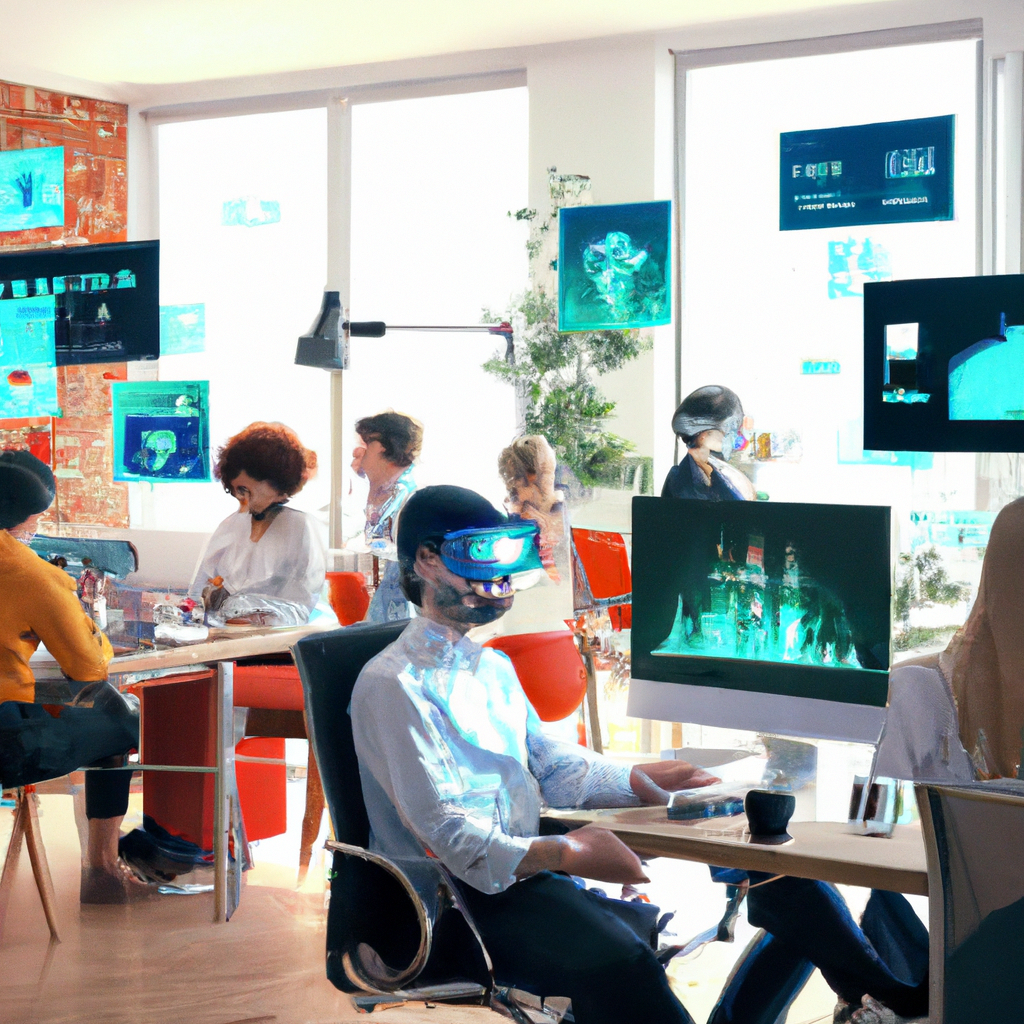Navigating the Future: How Remote Work is Shaping Our Global Workforce
In the bustling world of 2025, the concept of ‘remote work’ has evolved far beyond what we anticipated. With advanced technologies and changing workforce dynamics, remote work has become not just a temporary arrangement, but a permanent fixture in the global economy. This post explores how remote work is shaping our lives and the implications for businesses worldwide.
The Evolution of Remote Work
As we step into the second quarter of 2025, telecommuting has become the norm. The integration of AI and machine learning into workflow systems has made remote work more efficient and seamless. Companies are now leveraging these technologies to manage teams that are more spread out than ever before.
Impact on Global Workforce
Remote work has democratized employment opportunities. Talents from remote corners of the world are now contributing to projects that were once limited to urban tech hubs. This shift has not only helped in reducing urban congestion but has also promoted economic equality.
Challenges and Solutions
Despite the benefits, remote work comes with its set of challenges. Cybersecurity threats, for instance, have escalated. However, companies are countering these risks with robust security protocols and continuous employee training.
Future Predictions
Looking ahead, remote work will likely continue to evolve. We might see an increase in ‘digital nomad’ policies and even more collaborative tools designed to simulate physical office environments. The future of work is not just about working from home—it’s about working from anywhere.






